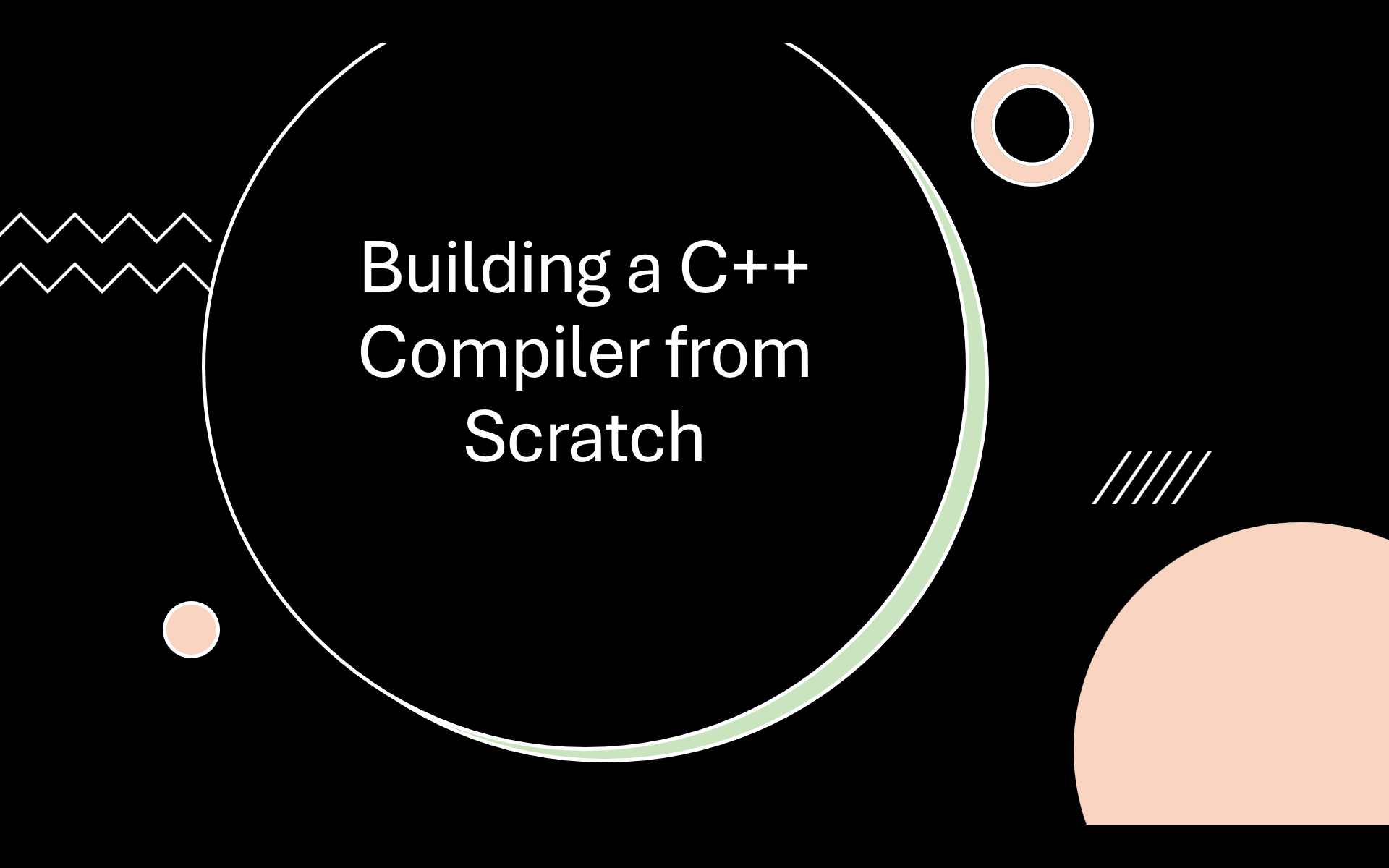When i learn C, and C++, i use a book. Usually it need some effort to find the source. Compiler, IDE. There are many option out there. Its a little bit different in my rust learn approach. I go to rust web page, and there is clear, where to go to, if i want to start rust. They automatically what os i used, i just have to choose thHere’s a refined version while keeping your casual tone:
Learning Rust: My Experience So Far
When I learned C and C++, I used books. Setting things up took effort—finding the right compiler, choosing an IDE, and dealing with too many options. My approach to learning Rust has been different. I just went to the Rust website, and everything was laid out clearly. It even detected my OS, so all I had to do was choose between the 32-bit and 64-bit versions.
Rust also comes with The Book, available online and offline, plus an interactive version in development. It’s nice to have an official learning path from the start.
The tutorial is very Windows-friendly, covering both Linux and Windows shell commands, which I appreciate.
Cargo Feels Simpler Than CMake

Early on, I learned about crates (packages) and Cargo. I found this exciting—it seems way more manageable than CMake. The Cargo.toml file is explained well, and everything just works.
Crate, Cargo… what’s next, Container? Ship? 😆
Rust’s Compiler Errors Are Actually Helpful
Another thing I noticed is that Rust really tries to make compiler errors easy to understand. The rustc --explain command is a nice touch. Compared to the cryptic errors you get in C++, this feels refreshing.
Teaching Style: Problem First, Solution Next
I liked how The Book introduced slices. It first showed the problem, then presented the solution. This makes it easier to understand why the feature exists instead of just memorizing syntax.
Hitting a Wall Around Chapter 5
I followed along until Chapter 5: Using Structs to Structure Related Data, but after that, I got bored. Not sure if it’s just me or if the book started feeling slow. So, I switched to YouTube for project-based learning to keep things interesting.
Final Thoughts
I don’t know if Rust’s documentation is just that good, or if my previous experience made it easier. Either way, the onboarding experience was smooth. But as usual, by Day 2, I felt bored—which always seems to happen when I try something new.
What do you think? Have you tried Rust? How was your experience?

